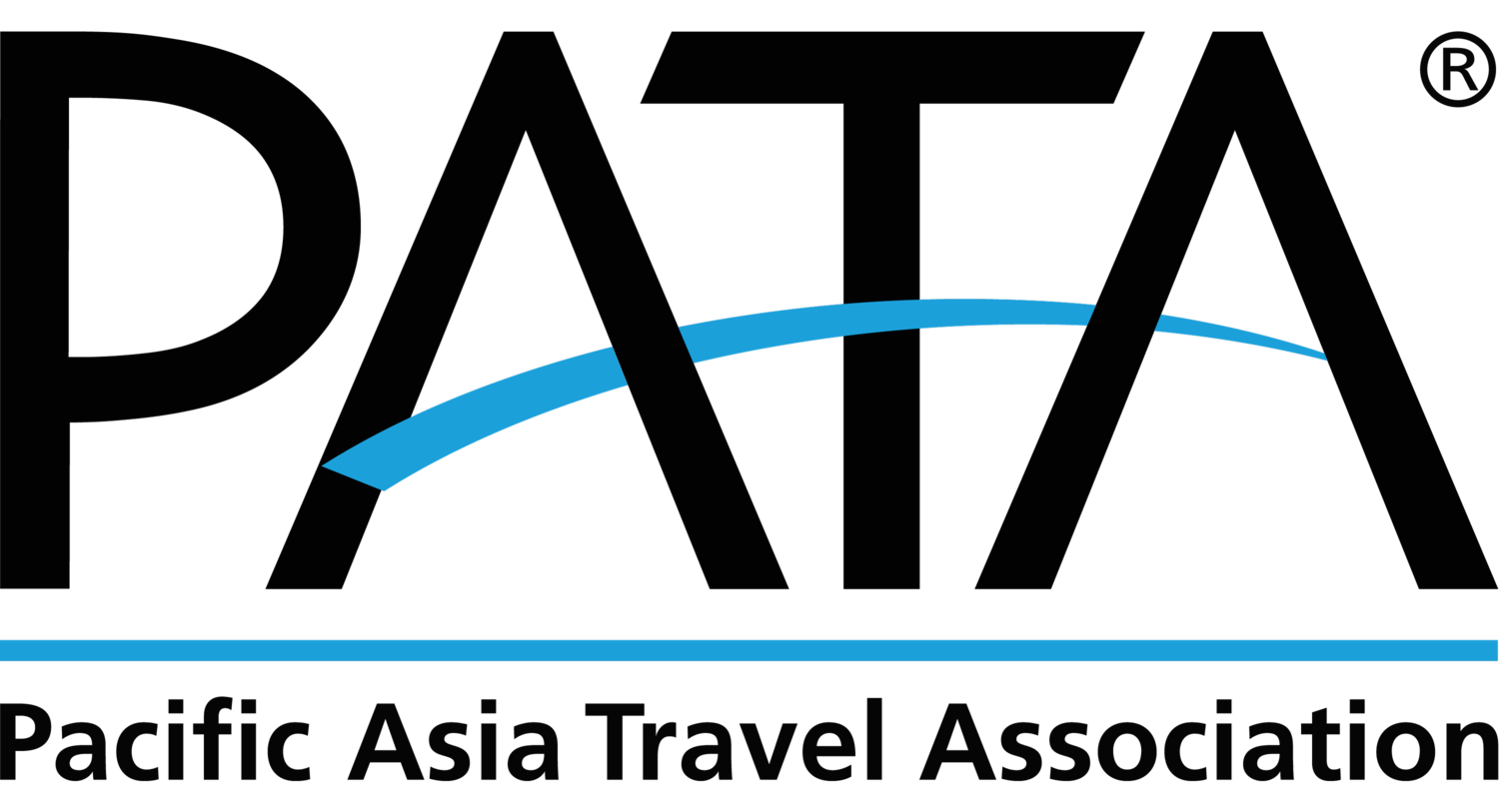Quantcast : Examining how COVID-19 is changing the travel industry
Singapore, 27th October, 2020 - There’s no question that travel has been one of the hardest hit verticals during the COVID-19 pandemic. While the timing of a recovery remains unknown, we are beginning to see some hopeful indicators for the travel industry. Although traditional holiday plans may seem too risky for some, many consumers are getting creative and finding new ways to travel that don’t require them to abandon the new social distancing guidelines. Moreover, businesses have already started to modify their policies to provide safer services and accomodations.
Quantcast analysed thousands of airline, hotel, and destination (attractions, galleries, and historical landmarks) bookings in Southeast Asia from March to July to better understand how travel audiences are changing in the time of COVID-19. It’s now more important than ever for travel companies to understand and quickly adapt to evolving shifts in online consumer behaviour.
Source: Quantcast Pixel Data, Jan - July 2020
Travel Industry on the Uncertain Road to Recovery
Southeast Asia travel bookings saw sharp declines in mid-March, reaching their lowest point in May, but have been slowly rebounding ever since.
Hotel and Destination bookings have seen the most promising signs, with a huge surge in booking volume in June and July. While these numbers appear to paint a hopeful picture for travel, we are seeing some regression, as cases and consumer health concerns rise again.
Youthful Flight / Grounded with Age
We were curious to understand what aspects of travel different age brackets are drawn to. We discovered that Hotel bookers have begun to skew older during the pandemic while Airfare and Destination bookers have become younger. This shows that older travelers plan ahead, focusing on where they stay. On the other end, younger audiences are more willing take advantage of the current airline price discounts.
How to reach these audiences:
Appeal to price savvy younger audiences with performance targeted airline offers.
Double down on experience messaging targeted to older audiences. This can include in-room dining, spa, and pool services. Key to this messaging is a confident tone that showcases the safety, fun, and ease of selecting your travel options.
Traveling in Style
Looking at data across several major airline carriers, Quantcast observed that as airfare bookings sharply declined in March, we saw a marked increase in premium seating. This trend saw some decline in June as the number of cases decreased, but is on the rise again in July as case volume has flared. This is a clear sign that the appeal of more physical space from other passengers has never been more enticing. Hesitant flyers are more willing to spend money on premium seating.
Connecting with the high-value flyer: Whilst airline bookings are at a low there are still high value travelers out there that are looking to get away and are willing to pay a premium to do so. Airlines should be focusing not only on discount messaging, but also safety and comfort brand messaging. While people are eager to travel, they want to feel confident that their travel experience will be stress free.
Decisive airline bookers
Quantcast looked at same day booking activity to better understand the new customer purchase window. During “Peak Pandemic” from mid-March to late May, we saw huge declines across the board, with “destination” bookings to local attractions, galleries, and historical landmarks being the hardest hit. With “shelter in place” in effect and most businesses closed, people were not booking even future travel experiences.
Looking at the “Recovery” period late May to late June, we saw the sharpest rebound in same day airline bookings following record Spring lows. While travelers were still hesitant, travel discounts and incentives were successful in pushing consumers down the path to purchase.
Make your customers feel safe: While we are seeing booking windows begin to recover, there are many travelers who need reassurance that travel is safe. We recommend brand messaging with frequency management to ensure you reach your travel audience at the right brand cadence to push them them from consideration to purchase.
Executive Summary
Travel Industry on the Uncertain Road to Recovery - Hotel and Destination bookings have seen the most promising signs, with a huge surge in booking volume in June and July.
Youthful Flight / Grounded with Age - Airline bookings are up with younger audiences, while hotel and destination bookings are seeing increases for older audiences.
Traveling in Style - Hesitant flyers are more willing to spend money on premium seating.
Decisive Airline Bookers - Looking at same day bookings, the airline category is seeing the sharpest rebound, showing that those that look to book are following through.
Translating insights into actionable strategies
Target audiences with real-time behavioral signals As the travel audience continues to shift, Quantcast can help by using real-time behavioral signals to deliver ads to the most relevant audience, maximising performance.
Tailor messaging to emerging personas Consider adapting ad creative to resonate with new personas, such as younger audiences who are booking airfare or audiences looking for a quick getaway within driving distance.
Leverage the power of programmatic During this unusual time, programmatic advertising allows you the flexibility of an always-on strategy where budget can easily be adjusted to match fluctuations in consumer demand.
Download the full report, By - Sybil Ng, Account Director, Quantcast here
About Quantcast
Quantcast is an audience intelligence and measurement company headquartered in San Francisco. Combining machine learning, a privacy-by-design approach, and live data drawn from more than 100 million online destinations, Quantcast provides software, information and advertising services for marketers, publishers and advertising agencies worldwide. Founded in 2006, Quantcast has employees in 20 offices across 10 countries.
Get in touch:
quantcast.com
@quantcast

